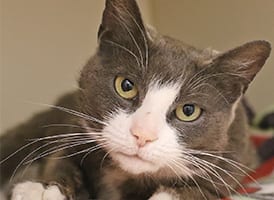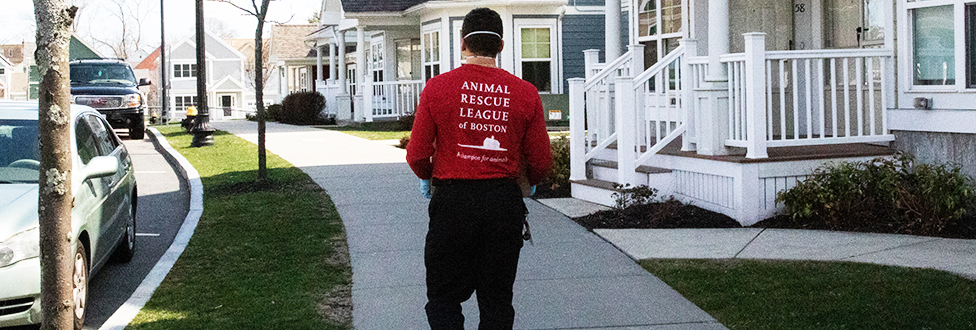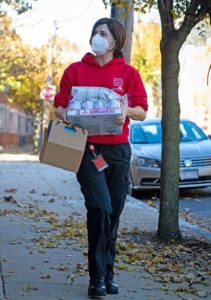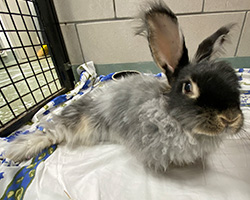ARL Participates in Special Ceremony to Mark Signing of Nero’s Law
This week, Massachusetts Governor Charlie Baker took part in a stirring ceremony on Cape Cod, marking the passage of Nero’s Law.
Representatives from ARL, who advocated for the passage of the legislation, also took part in the ceremony.
The ceremony, held at a Yarmouth Police training center being built in honor of Yarmouth Police Sgt. Sean Gannon, had additional meaning, as the ceremony took place on the 4-year anniversary of a tragic event.
On April 12, 2018, Sgt. Gannon was shot and killed while serving a search warrant, and his K9 partner Nero, was critically wounded.
At the time, Nero could not be treated at the scene due to state law. The passage of Nero’s Law ensures that police dogs like Nero have access to emergency care and transport by first responders, should they be wounded in the field.
“We shouldn’t even have to debate or discuss whether or not they [K-9s] get shot or injured in the line of duty, that we should do what we can to save them because Lord knows they would save us if the role was reversed,” Governor Baker said.
Nero’s Law was an important part of ARL’s 2021-2022 legislative agenda, and Joe King, ARL’s Director of Law Enforcement, former K9 handler and major with the Massachusetts State Police, testified in support of the legislation, which passed unanimously at the State House.





 The Keep Pets S.A.F.E. program has been
The Keep Pets S.A.F.E. program has been






